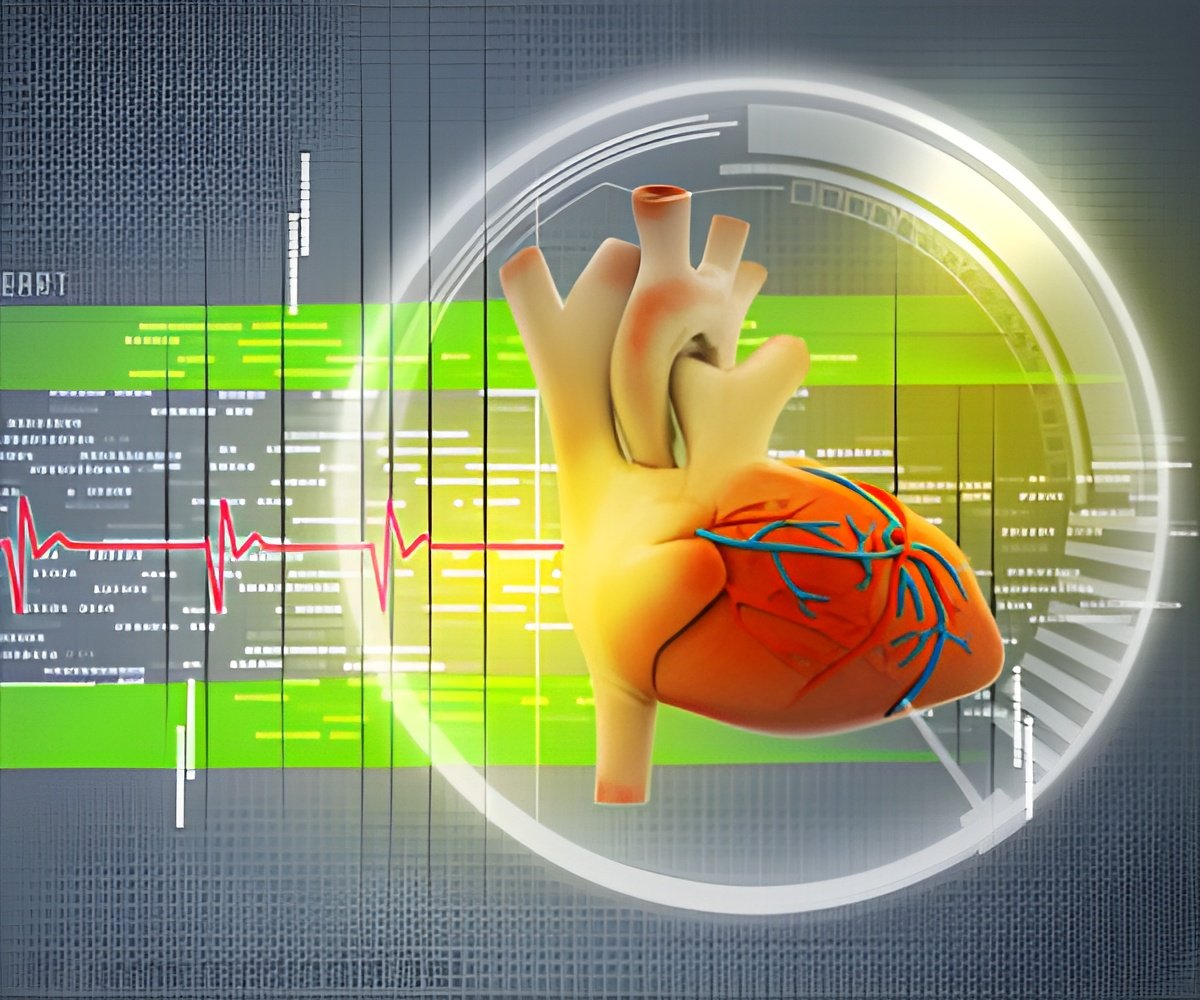The demand for organ transplantation has rapidly increased all over the world during the past decade due to the increased incidence of vital organ failure.

While the heart was transported to FEHI, a kidney and the liver were used to save the lives of two patients at FMRI – a 60-year-old male and a 51-year-old female respectively. The second kidney was transported to Army Hospital (R&R Hospital) and transplanted into a 50 year old lady.
The donor, 59 year old male; was brought to FMRI on September 14 night with a massive clot in his brain and could not be revived despite the best efforts of the neuro sciences team. The patient was declared brain dead(BD) on September 15. In BD, the brain so that the brain dies but the heart continues to beat for a few hours or days, thus maintaining vital blood supply to the organs.
A beating heart is central to the concept of organ donation following brain death. Once the diagnosis of brain death was confirmed, the family was counseled for organ donation. In this case, four organs – the heart, both the kidneys and the liver were successfully retrieved to save four lives.
According to Dr Avnish Seth, Director Fortis Organ Retrieval and Transplant (FORT), over the last few years the rate of organ donation in India has gone up marginally to 0.34 per million people. “There is a huge gap between requirement and the availability of organs in India and it is estimated that we need about 1, 75,000 kidneys, 100,000 livers, 50,000 hearts, and 20,000 lungs in a year. FORT provides a registry to those who wish to pledge organs during their life and a 24-hour referral service for assistance with documentation and procedures relating to the process of organ donation is made available([email protected] ; helpline +91-8447743868),” said Dr Seth.
According to Jasdeep Singh, Zonal director, FMRI, “It is important to note that organs once retrieved cannot be stored for long but can only be transported in special solutions and sterile ice to be transplanted into suitable recipients.”
Advertisement
The demand for organ transplantation has rapidly increased all over the world during the past decade due to the increased incidence of vital organ failure, the rising success and improvement in post-transplant outcomes. However, the non-availability of adequate organs for transplantation to meet the existing demand has resulted in a major shortage of organs. As a result there has been substantial increase in the number of patients on transplant waiting lists and those dying for want of an organ.
Advertisement












